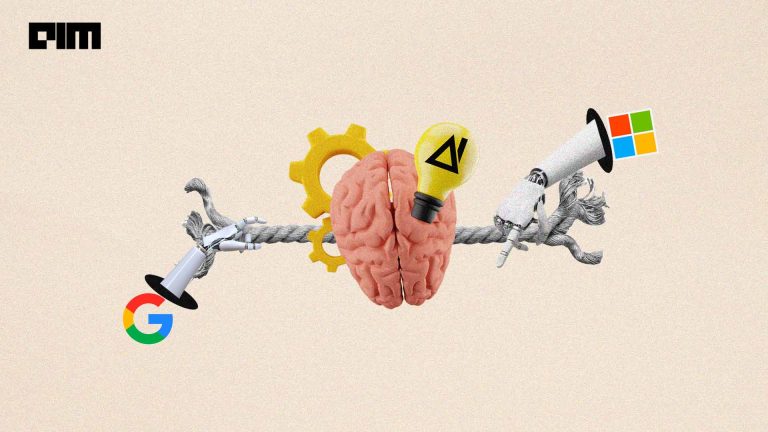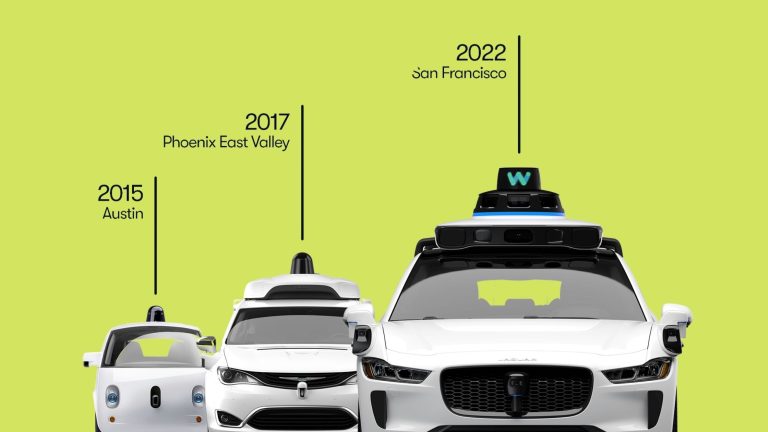Imagine Elon Musk getting dragged to trial every time a Tesla car runs a red light? Sounds preposterous, doesn’t it? Well, watchdogs around the globe are proposing legislation to hold the manufacturers accountable, and not the human behind the wheel, in the event of offences involving self-driving cars.
According to Annual Global Road Crash Statistics, around 1.35 million people die in road crashes each year globally. Around 3,700 people lose their lives daily on the roads, the research said. In India, around 375,000 accidental deaths were registered in 2020, of which 35% were in road crashes, data from National Crime Records Bureau showed.
Traditional automakers such as Ford, General Motors and tech giants such as Google and Uber are competing for a larger pie in the autonomous vehicle space.
Trouble brewing
The advent of autonomous cars was supposed to make road commute safe and save precious human lives lost in car crashes. Although self-driving cars have made their way to human roads, making roads accident-free remains a distant dream.
In 2014, Google’s autonomous car, a Lexus SUV, crashed into a bus. However, no injuries were reported. In 2016, the Tesla Model S car’s autopilot sensor failed to recognise an 18-wheeler truck and collided with the metal monster, resulting in the death of the car’s driver. Uber’s self-driving car ran over a pedestrian in 2018.
In a crash involving Uber’s self-driving car in 2018, the investigation team found the auto-braking system in the car was turned off, and the backup driver present in the car was distracted. The jury charged the backup driver with negligent homicide.
Last week, California prosecutors charged the driver of a Tesla with two counts of vehicular manslaughter. The Tesla Model X, which was on autopilot, ran a red light, slammed into another car and killed two people in 2019.
Legal systems & autonomous vehicles
The existing laws around the globe hold the human driving the car responsible for the vehicle’s actions, not the manufacturer. The Law Commission of England and Wales and the Scottish Law Commission have proposed legal protections for human drivers in autonomous cars in the event of crashes resulting from a technical fault. The legal watchdogs want the company to be held accountable for the driving aspects of self-driving cars. Germany introduced the German Road Traffic (Amendment) Act in 2017, which allowed drivers of autonomous vehicles to disengage while the autopilot is activated. However, in 2021, the German government amended the 2017 Act and introduced a draft bill. The new amendment allowed drivers to transfer full control to the autonomous vehicle, but the driver should be ready to take over in case of any untoward events. In addition, the self-driving cars should be fitted with black boxes to record data. The data collected will be used during the investigation to determine whether the accident was caused when the human driver was in control or when the AI-enabled software was driving the car.
Meanwhile, there is no dedicated legislation to regulate self-driving cars in India. The Motor Vehicles Act, 1998 does not permit the sanction and legal usage of self-driving cars in India. Likewise, the US–home to tech giants such as Wayamo, Uber and General Motors leading the race in building self-driving cars–has no de facto federal law to regulate self-driving cars.
Balancing act
The current legal systems need a major revamp to address the growing concerns around self-driving cars. The rise of AI-powered cars has exposed the fault lines in our legal system. While it is counterproductive to punish manufacturers at the frontiers of self-driving technologies, holding drivers accountable for crashes might come in the way of the mass adoption of autonomous vehicles.
The manufacturers should make efforts to drive awareness among the public about the limitations of self-driving car technology. At the same time, lawmakers should be given more clarity into the AI tech under the hood, enabling legal experts and policymakers to update the laws as self-driving car technology matures.
With car manufacturers such as Ford, Tesla, General Motors planning on putting more self-driving cars on the roads in coming years, a solid regulatory framework has become a pressing priority.



















































































